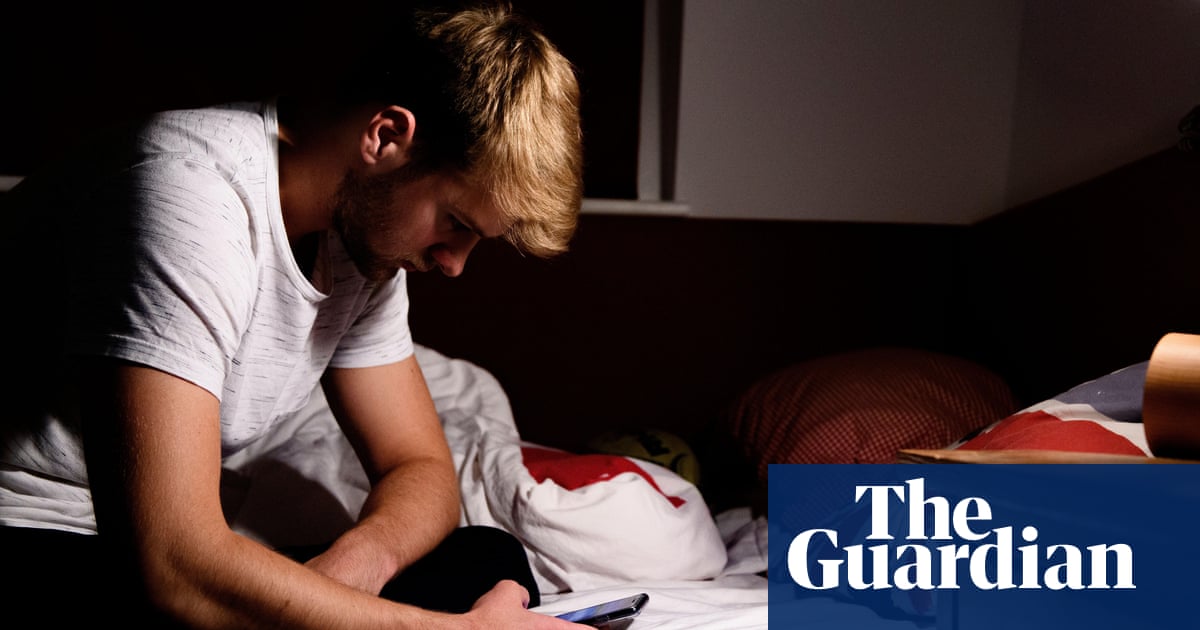Almost half of young people would rather live in a world where the internet does not exist, according to a new survey.
The research reveals that nearly 70% of 16- to 21-year-olds feel worse about themselves after spending time on social media. Half (50%) would support a “digital curfew” that would restrict their access to certain apps and sites past 10pm, while 46% said they would rather be young in a world without the internet altogether.
A quarter of respondents spent four or more hours a day on social media, while 42% of those surveyed admitted to lying to their parents and guardians about what they do online.
While online, 42% said they had lied about their age, 40% admitted to having a decoy or “burner” account, and 27% said they pretended to be a different person completely.
The results came after the technology secretary, Peter Kyle, hinted that the government wasweighing up the possibilityof making cut-off times mandatory for certain apps such as TikTok and Instagram.
Rani Govender, the policy manager for child safety online at the NSPCC, said that digital curfews, while helpful, could not stop children being exposed to harmful materials online without other measures being put in place.
“We need to make clear that a digital curfew alone is not going to protect children from the risks they face online. They will be able to see all these risks at other points of the day and they will still have the same impact,” she said.
Govender added that the primary focus for companies and the government was to ensure kids are using “much safer and less addictive sites”.
The study, conducted by the British Standards Institution, surveyed 1,293 young people and found that 27% of respondents have shared their location online with strangers.
In the same survey, three-quarters said they had spent more time online as a result of the pandemic, while 68% said they felt the time they spent online was detrimental to their mental health.
Andy Burrows, the chief executive of the suicide prevention charity the Molly Rose Foundation, said it was “clear that young people are aware of the risks online and, what’s more, they want action from tech companies to protect them”.
He added that algorithms can provide content that “can quickly spiral and take young people down rabbit holes of harmful and distressing material through no fault of their own”. New laws were “urgently required to finally embed a safe by design approach to regulation that puts the needs of children and society ahead of those of big tech”, he said.
